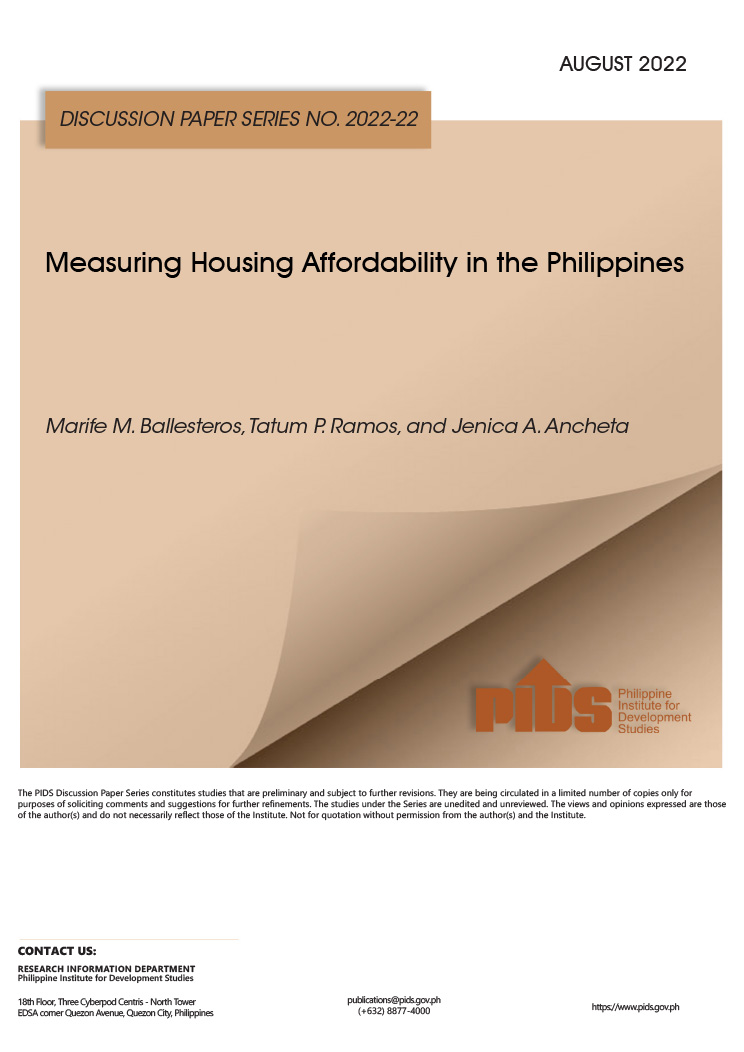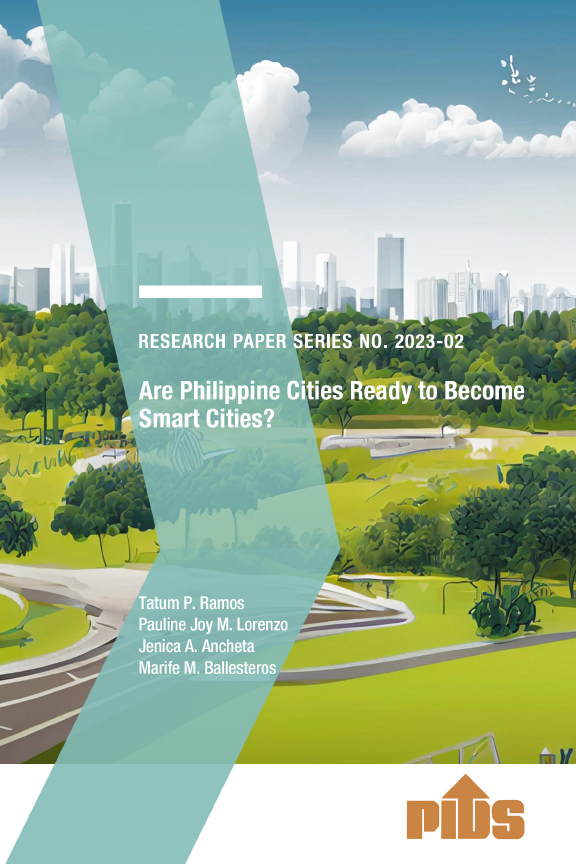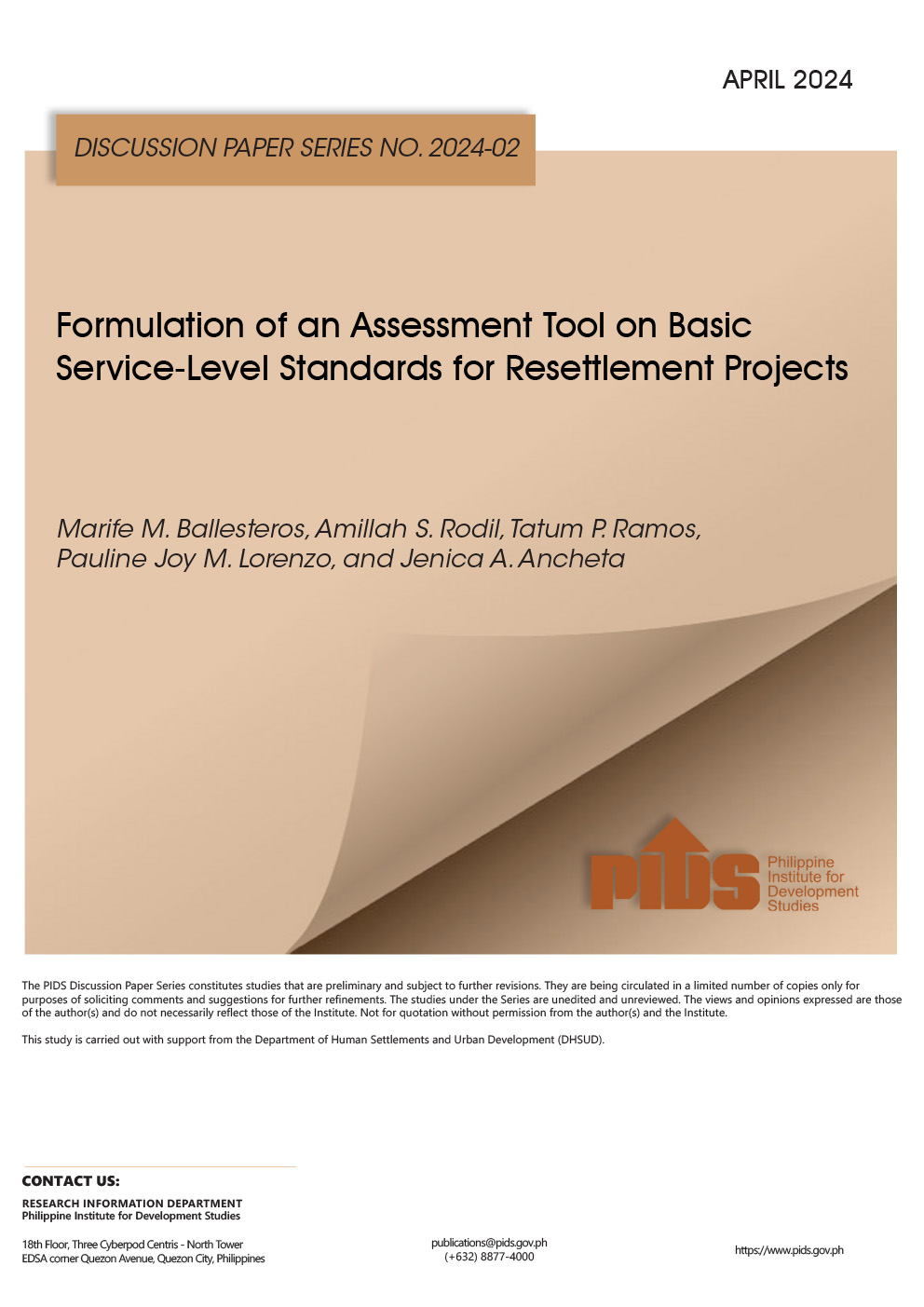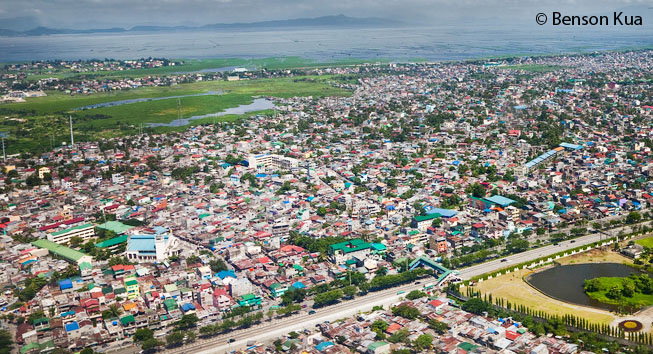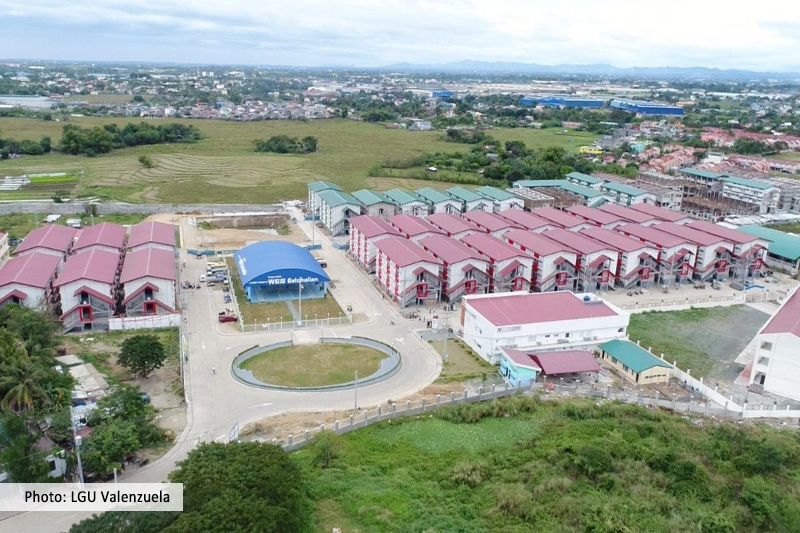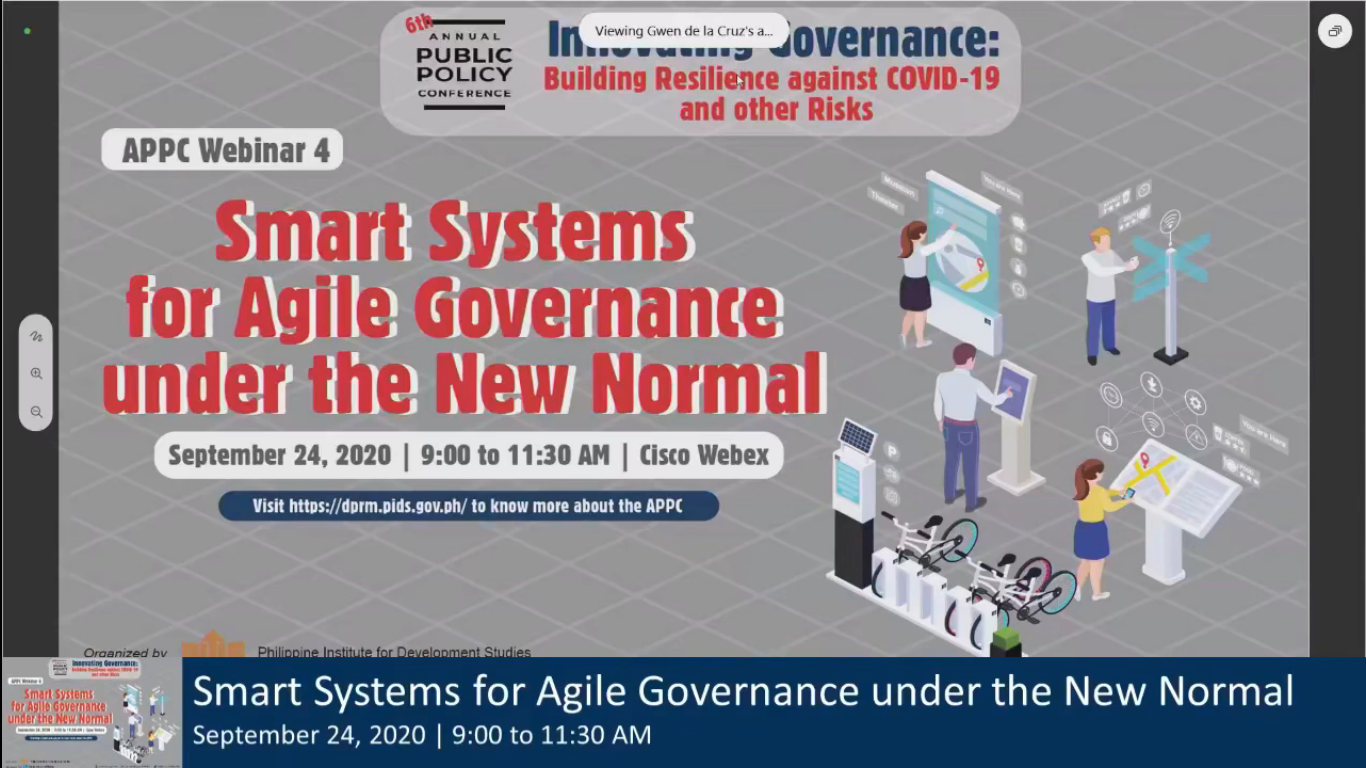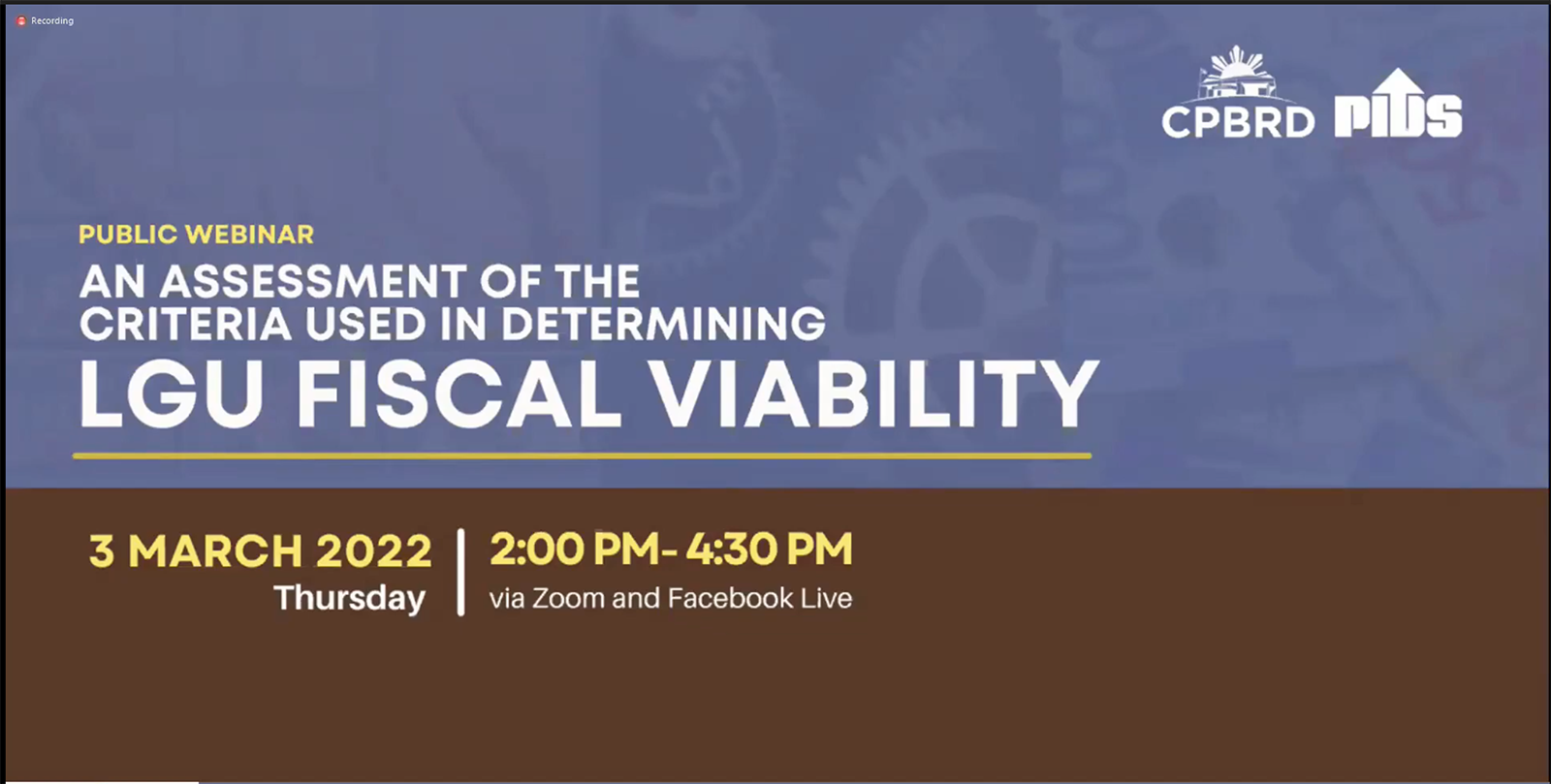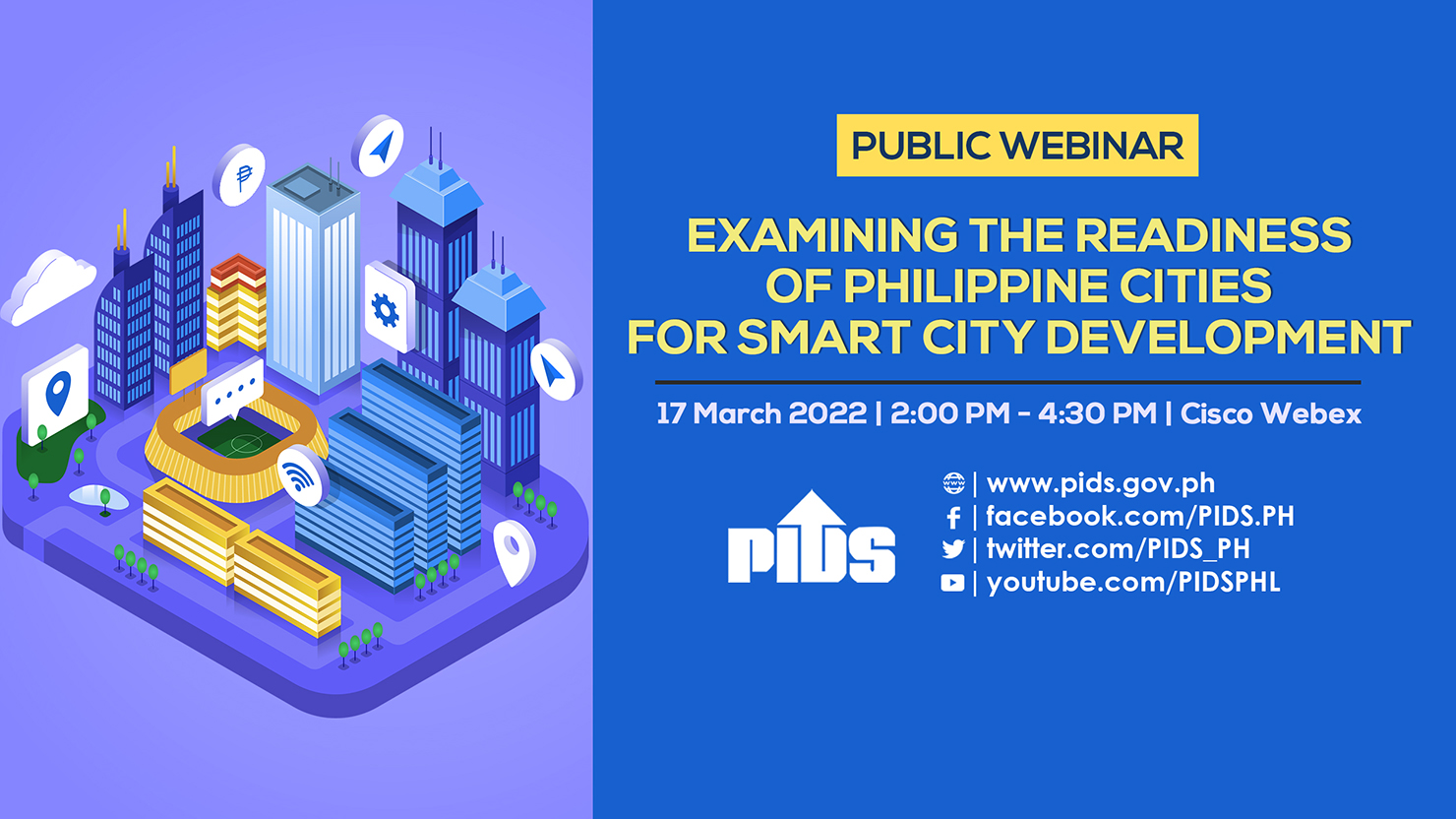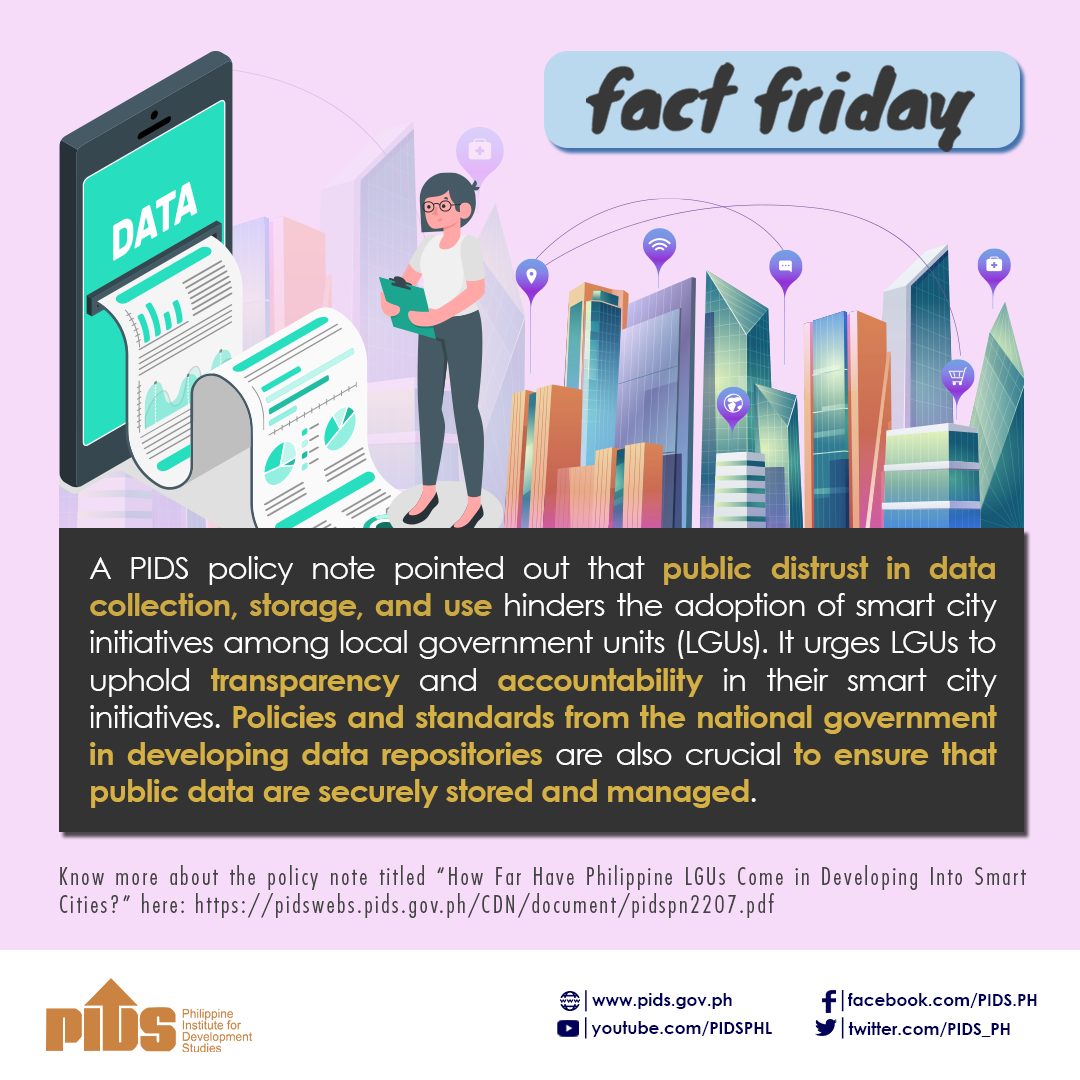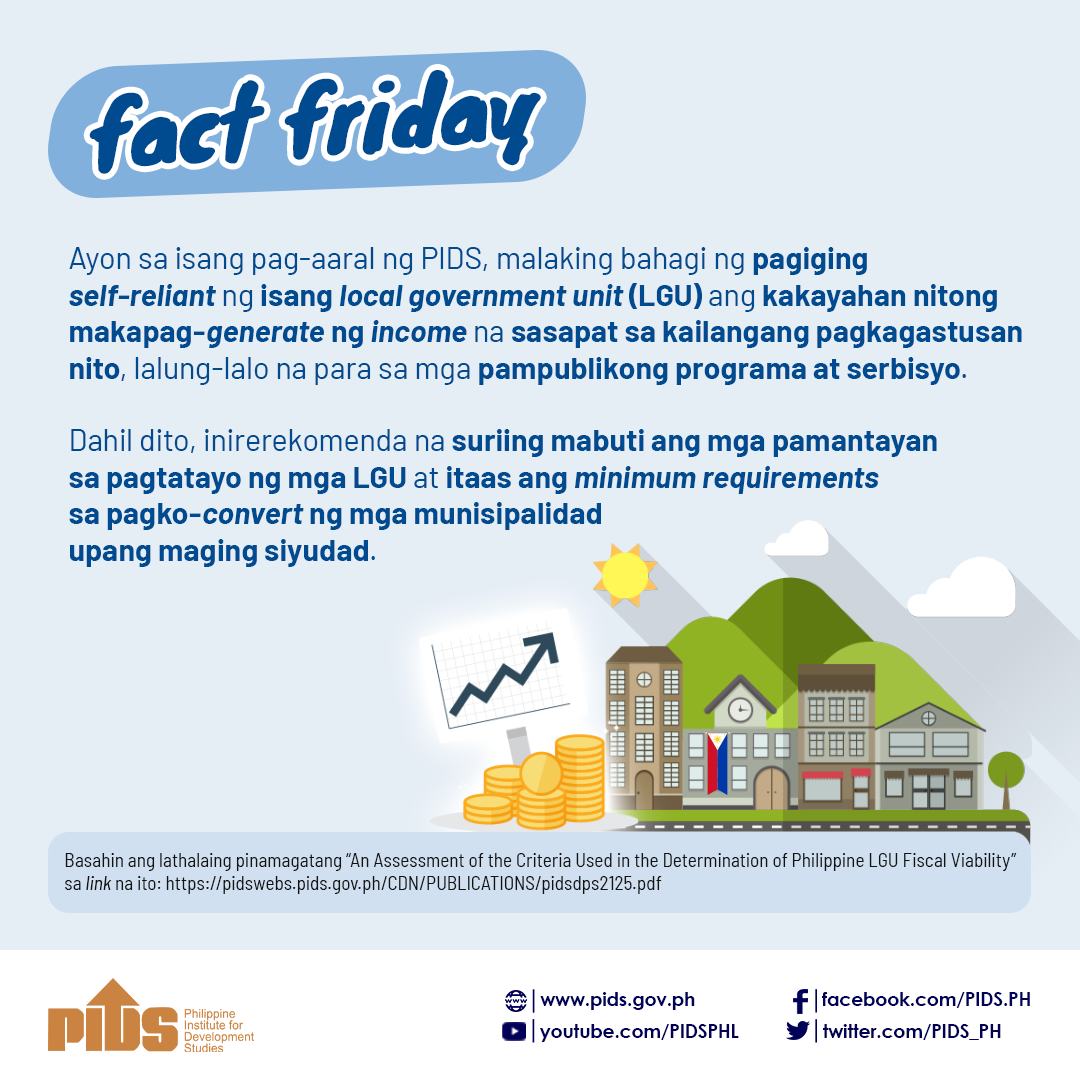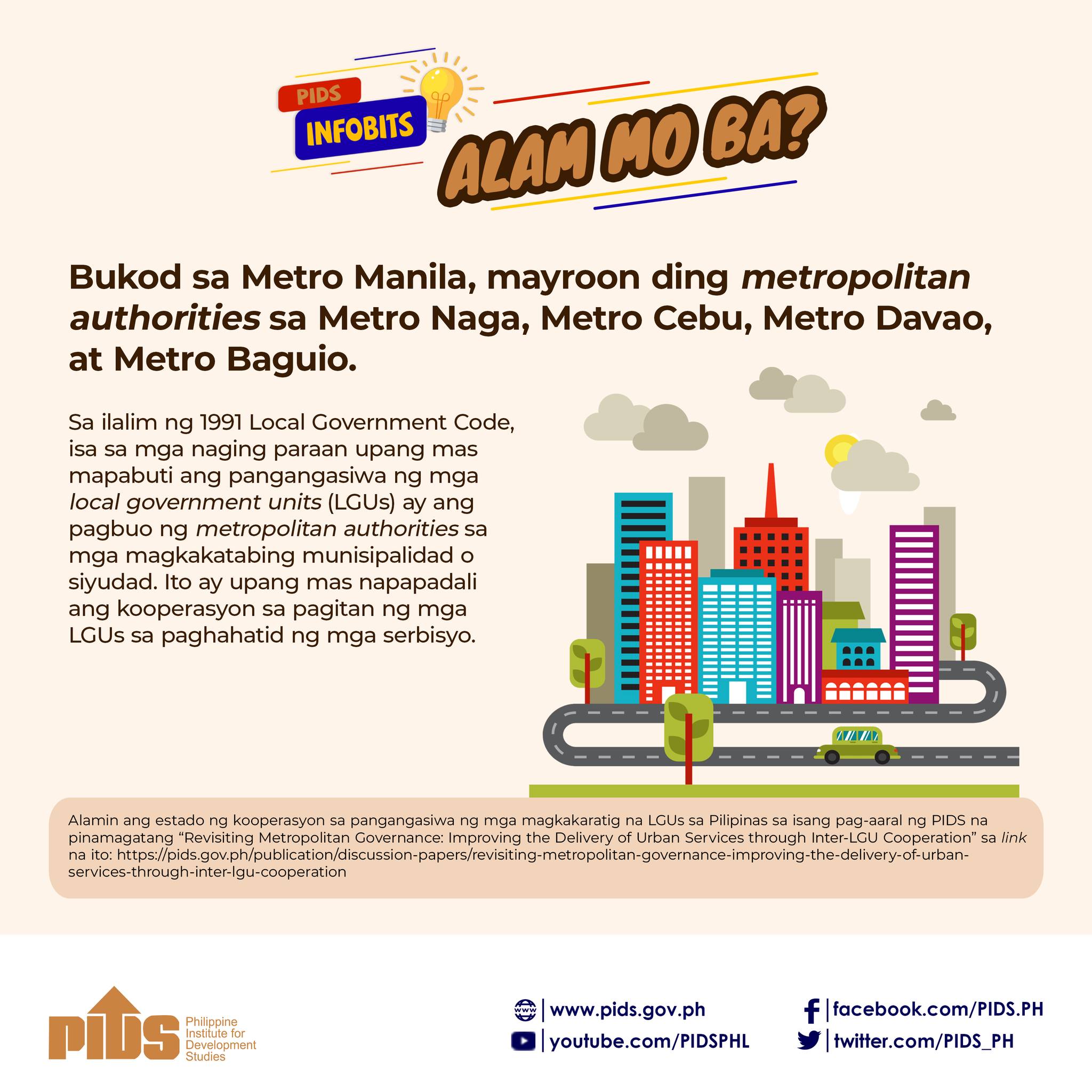While some local government units (LGUs) are eyeing to implement smart city initiatives in their cities, they continue to face a number of challenges, which national government agencies could help address, according to a recent study by the Philippine Institute for Development Studies (PIDS) said.
According to the authors of the “Readiness of Philippine Cities to Smart City Development” discussion paper, the Philippines has started to tread the path towards building smart cities, with some Philippine cities already exhibiting preparedness for smart city development.
The authors emphasized that some LGUs are motivated by the expected outcomes of smart city initiatives, which include high quality of life, competitive economy, and sustainable environment.
“There is also an emphasis on LGUs’ desire to address the needs of people and ongoing urban challenges such as public safety, transportation, and those brought about by the COVID-19 pandemic and disasters,” the authors explained.
While some cities have already implemented smart city initiatives particularly in the infrastructure, data, and service phases, some LGUs face challenges such as operational costs and lack of interoperability.
In terms of funding, the authors found that LGUs faced challenges in setting up the necessary ICT infrastructure and systems needed to operate smart city initiatives.
“While majority of the interviewed LGUs have existing basic ICT infrastructure, the fast-paced growth of the technology industry requires these LGUs to [continuously] upgrade their systems which can be very costly,” the authors explained, adding that this problem has forced LGUs to rely heavily on partnerships.
In addition, the lack of systems interoperability has made it difficult for LGUs to collate data, especially in times of disasters and public health emergencies.
Other issues raised by LGUs include the public uptake of smart city initiatives, the lack of policies and standards in implementing smart city initiatives, and change in administration.
Given these challenges, the study emphasized the important role of national government agencies in addressing these issues.
As an example, the study cited that the Department of Science and Technology (DOST), through the Philippine Council for Industry, Energy, and Emerging Technology Research and Development, can enhance the DOST Framework for Smart Sustainable Communities and Cities.
Meanwhile, the Department of the Interior and Local Government (DILG) can promote and monitor the adoption of the framework and gauge smart city development among Philippine cities and incentivize cities to adopt the smart city concept.
The authors added that the DILG can also mandate LGUs to provide data involving their projects on a platform easily accessed by their constituents.
Moreover, the Department of Information and Communications Technology (DICT) and the National Privacy Commission (NPC) can also issue guidelines and standards on developing data repositories and data protection.
The authors also emphasized the need for risk mitigation strategies in the framework of smart cities. They added that the Public-Private Partnership Center can provide guidance in the conduct of feasibility studies and cost-benefit analyses.

